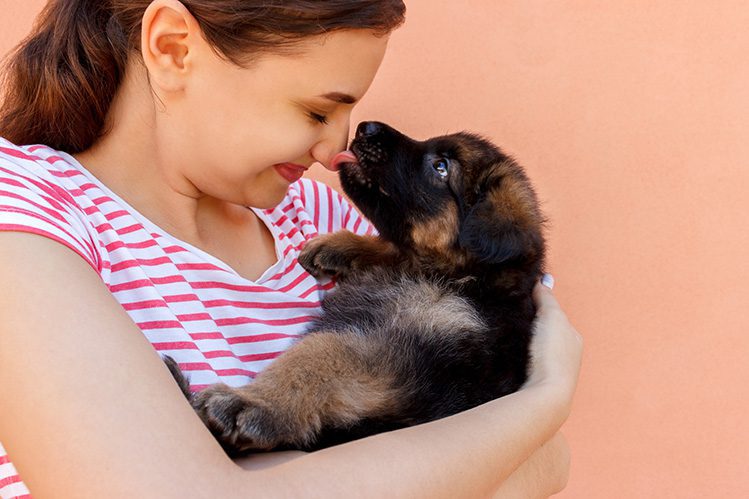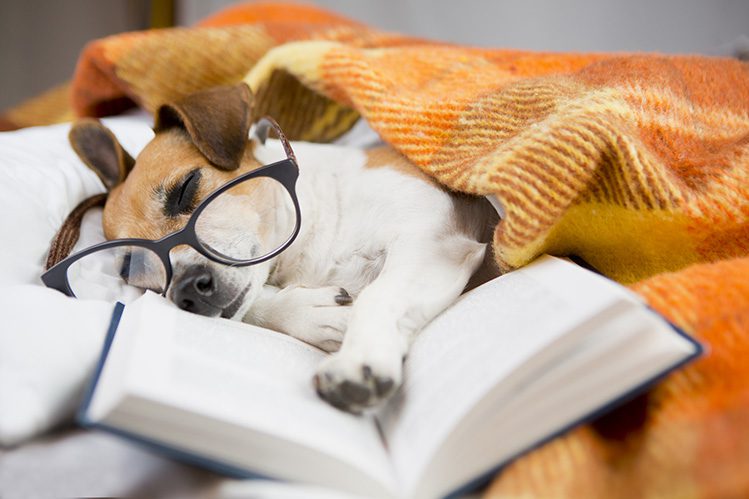
9 Rules for Successfully Raising a Puppy
Have you got a puppy? You can be congratulated! Now you are not only a “parent” of a tiny lump, but also a real educator! Our 9 simple but very important rules will help you raise a smart, obedient and happy pet.
How to teach a puppy to stand? How to instill in him the skills of behavior at home and on the street? How to teach to sit quietly in the car on the way to the veterinary clinic?
Very soon you will find out the answer to all these and many other questions, get acquainted with the order of learning commands and life hacks from experts. But before moving on to teaching specific skills, you need to know the basics of raising a puppy, without which nothing will work. So, what are education and training based on?

Rules for raising a puppy
No distractions. Puppies are like children. If you put a new computer game in front of a student, he will not be able to concentrate on the lesson. So it is with dogs. When starting classes, make sure that environmental factors do not distract the dog’s attention. The atmosphere should be calm.
First adaptation, then lessons. Do not start raising a puppy if he has not yet settled down in a new place. Adaptation is always stress for the body and a huge amount of new information, there is no time for learning commands.
Right time. Experts recommend exercising with a puppy before feeding or a couple of hours after. A well-fed puppy will want to lie on a couch, and not gnaw at the granite of science. It is also important to take a walk with him first so that the baby does all his business and nothing bothers him.
Gradual increase in the duration of classes. We start with short lessons, look at the reaction of the puppy and, depending on it, gradually increase their duration. It is important not to overwork the pet, because it is so difficult for him to sit still!
We dispense knowledge. It is wrong to think that the more you practice with your puppy during the day, the better he will learn the commands. In this case, you run the risk of tiring him and forever discourage the desire to learn. Recommended time for classes: about half an hour a day at home and 10-15 minutes outside. It’s enough.
Repetition is the mother of learning. Repeat all commands and skills from time to time, even if the puppy has learned them brilliantly. If you do not regularly practice commands, they are forgotten.
Giving commands correctly. First get the puppy’s attention, and then give the command clearly and moderately loudly. Get the command executed and only then re-execute it.
Capability requirements. Do not expect from the baby that he will immediately begin to brilliantly execute commands. For the first time, at least attempts on his part are enough. Babies have a lot of energy, they cannot concentrate for a long time and get tired quickly, and this must be taken into account. Make things harder as your puppy grows.

Be a team. Forget that the owner should dominate the puppy, this is a myth. You should be a respected example for him, who will always take care and come to the rescue in difficult times. Build a trusting relationship between you – it is this (and not physical punishment) that is the key to the success of any training!





